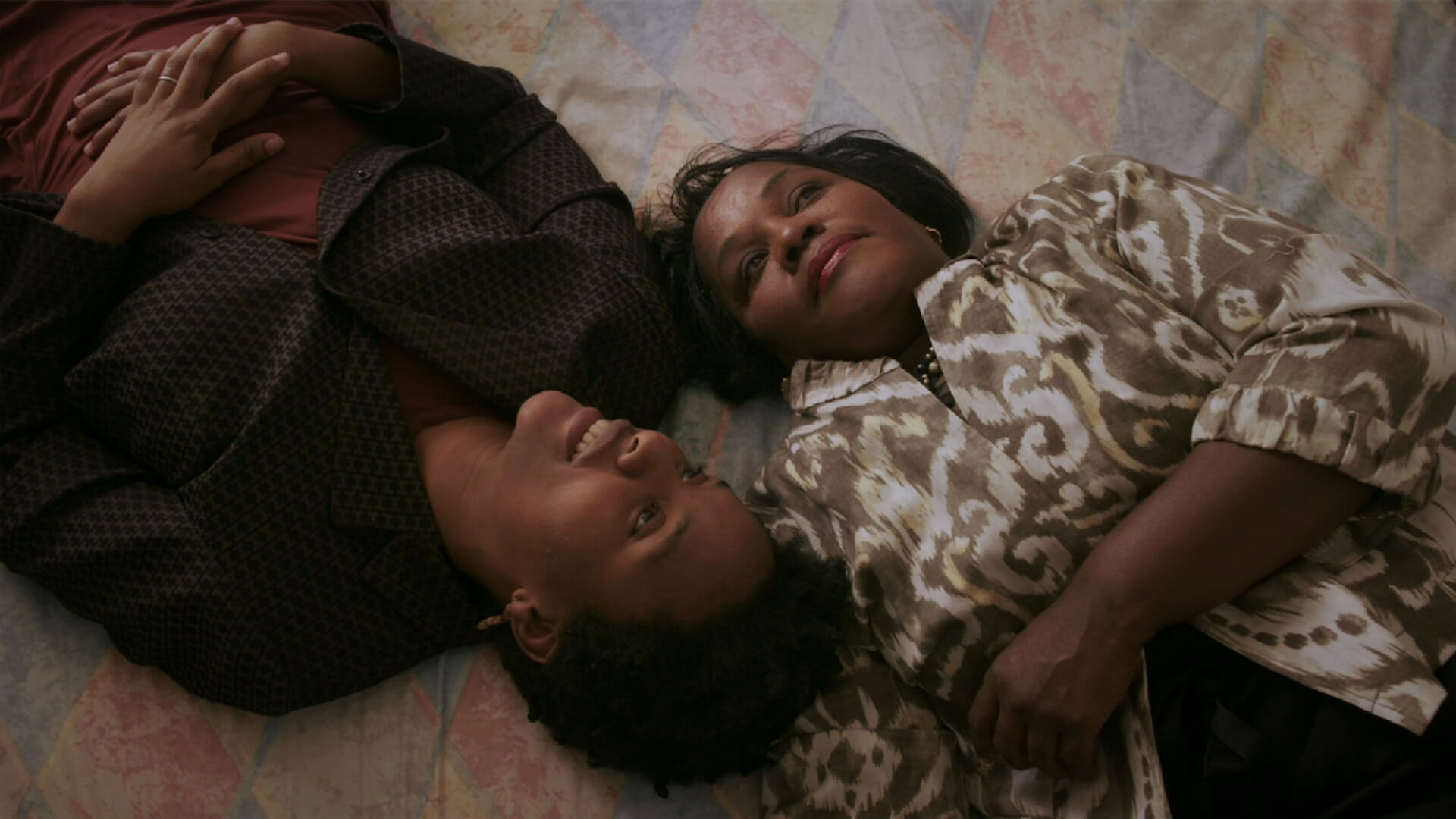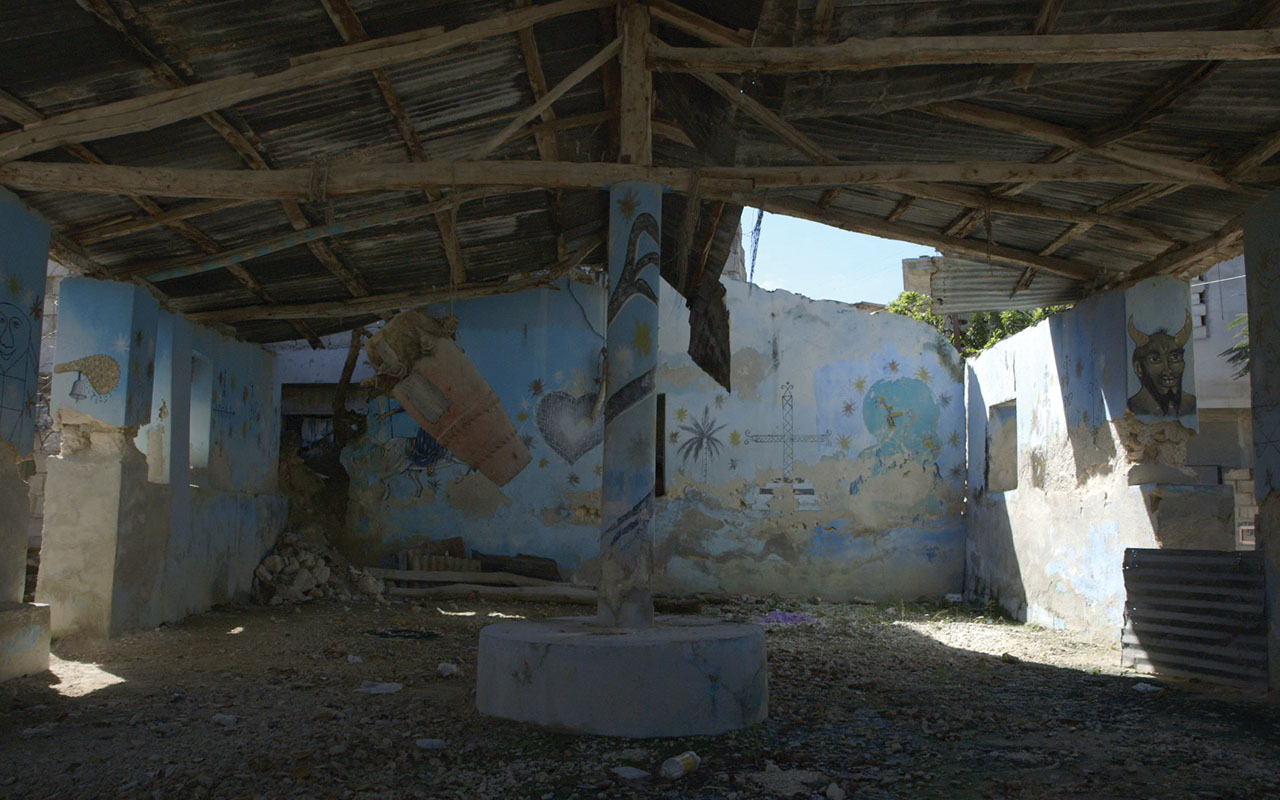The narrator describes Catholicism’s act of binding the Black Haitian subject to a perpetual condition of mental servitude through the equation of religious practice with a worship of and supplication before Whiteness. In French, she says: “Today Haiti is the poorest country in the Caribbean, yet I have rarely seen a people pray as much.” She continues: “So what are we doing wrong? How long will we have to pay? What is this debt that we need to reimburse?”. In Scenes of Subjection, Saidiya Hartman writes a three-word declarative of the postcolonial Afro-diasporic condition: “Emancipation instituted indebtedness.” And so the never-ending streams of prayer become articulations of the debt Haiti owes for endeavoring to be free. All of the tragedies that have befallen the nation since her independence—repeated natural disaster, economic exploitation, western meddling in political affairs—are punishments for that freedom.
It is against this backdrop, one contoured by the tensions between Catholicism, Protestantism and Vodou as modalities for interpreting and alleviating suffering, that Gessica Généus explores her mother’s mental illness and its (gendered) cultural interpretations. To some, mental illness isn’t entirely unrelated to the Bois Caïman Vodou ceremony that occurred on the eve of the 1791 Haitian Revolution. Many Haitians interpret that ceremony as ancestral power facilitating a strength for the fight for freedom, while others, notably Haitian evangelists and Protestants, interpret the ceremony as a pact with the devil that has cursed Haiti ever since. The “curse” is a culturally resonant perception of mental illness that drives and justifies stigma and mistreatment in a country steeped in competing religiosities, and Généus navigates the landscape as means of better finding and understanding her mother’s own battles.

